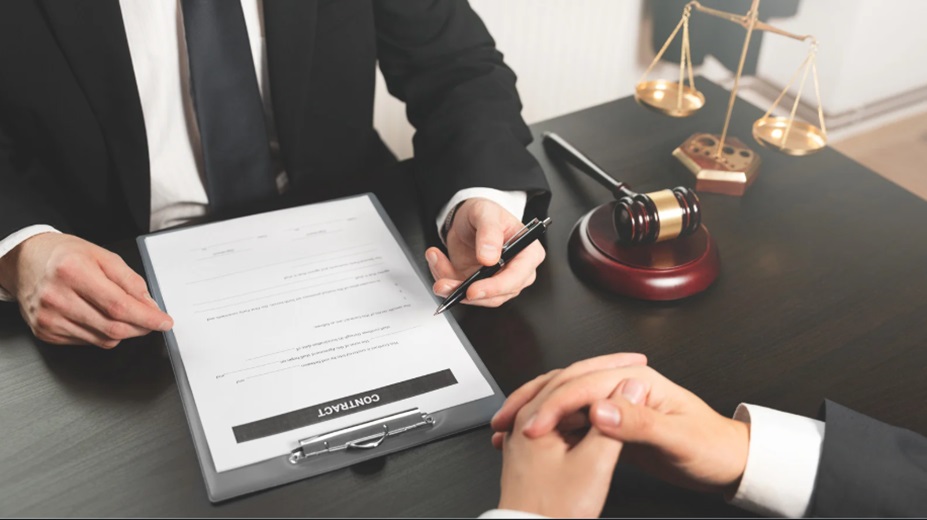When a high-profile crime occurs, all eyes turn to the criminal defense lawyer in the case. Representing someone accused of a heinous act and scrutiny from the public and media. I spoke with several top criminal defense attorneys to learn how they handle the unique challenges of managing these controversial cases.
Choose cases wisely
Defense lawyers are cautious about the cases they accept for good reason. “We have to be convinced of the client’s innocence or that an injustice has occurred,” says John Smith, a prominent trial lawyer. “Our firm turns down more potential cases than we accept.” Once they take on a client, the lawyer’s reputation becomes tied to the accused. It’s essential to do thorough research beforehand to understand the facts and allegations. “I analyze the strength of the prosecution’s case, review the evidence, and determine if we mount an effective defense,” explains James Wells, who recently represented a celebrity charged with murder. “You don’t want to risk your reputation on a case win.”
Expect intense scrutiny
High-profile trials draw swarms of reporters seeking inside information. “The media attention is relentless, so we have to be extremely careful about what we say to the press,” says Michael Roberts, an experienced criminal defense attorney. “Anything you say will be used against you.” His team designates one person to interface with reporters and provide only appropriate public statements. Savvy defense lawyers use media strategically to shape public opinion and counterbalance negative coverage of the defendant. “We look for opportunities to showcase our client’s humanity and cast doubt on the accusations,” Roberts adds. This involves highlighting positive aspects of the defendant’s character through interviews, social media, and community outreach.
Master the facts
When the whole world is watching, experienced defence lawyer in brampton must command every detail of the case. Samantha Davis, who recently handled a high-stakes fraud trial, emphasizes the importance of meticulous preparation. “I pore over thousands of pages of documents – financial records, emails, phone logs, and more. Understanding the evidence as well as the prosecution allows me to build the strongest defense.” Skilled criminal lawyers also hire private investigators and forensic experts to analyze records and crime scenes. “You need to identify and prepare for any surprises the prosecution might spring on you in court,” Davis explains. Thorough preparation preserves credibility in the courtroom and instills client confidence.
Remain unbiased
Representing reviled public figures challenges lawyers to check personal feelings at the door. “I take an objective view, set emotions aside, and focus on the legal process,” says Michael Roberts. This clinical approach allows defense teams to uncover facts and construct logical arguments that counter public perception. “My job isn’t to judge clients for their actions, but to ensure they receive fair treatment under the law,” adds James Wells. Defense lawyers establish trust by listening to their client’s side of the story with an open mind. A non-judgmental stance leads to a stronger attorney-client relationship.
Humanize the defendant
Even the most vilified defendant deserves fair and ethical legal representation. “We look for opportunities to present our client’s humanity to the jury,” Samantha Davis explains. “Family photos, character witness testimonies, and personality profiles remind the jury that the defendant is a real person despite the terrible accusations.” This strategy aims to evoke empathy and create reasonable doubt of guilt. Michael Roberts recounts a case where testimony from the defendant’s family and volunteers at a homeless shelter painted a more sympathetic portrait. “Juries appreciate hearing the whole story, not just the prosecution’s account,” he says.
Stay resilient
Lengthy high-profile trials take an emotional toll on lawyers. The constant stress leads to burnout. “It’s essential to take care of your mental health when managing these demanding cases,” advises John Smith. His firm ensures lawyers take regular time off for self-care and bring in colleagues to share the workload. Having an outlet like exercise or meditation helps lawyers maintain focus under pressure. “I remind myself and my team that at the end of the day, it’s just a job. We give it our best shot and let go,” says James Wells. Keeping work in perspective allows defense teams to withstand intense public scrutiny.




